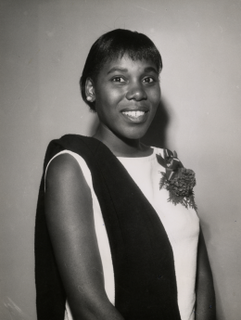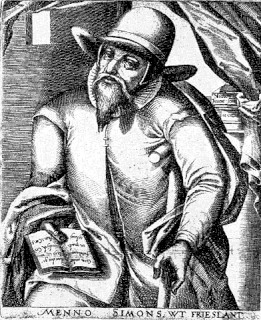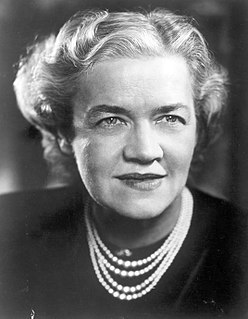A Quote by Paule Marshall
Once a great wrong has been done, it never dies. People speak the words of peace, but their hearts do not forgive. Generations perform ceremonies of reconciliation but there is no end.
Related Quotes
When you forgive a person, what do you do? You accept the situation, to begin with. And secondly, you forgive what you think has been done wrong to you. But because nothing wrong can be done to your spirit, you just forgive because you are the spirit. And when you forgive, you have found that your tension goes away.
It’s not just other people we need to forgive. We also need to forgive ourselves. For all the things we didn’t do. All the things we should have done. You can’t get stuck on the regrets of what should have happened. I always wished I had done more with my work; I wished I had written more books. I used to beat myself up over it. Now I see that never did any good. Make peace. You need to make peace with yourself and everyone around you.
I speak as briefly as possible because too much harm has already been done with irresponsible words of bitterness and selfish political opportunism. I speak as simply as possible because the issue is too great to be obscured by eloquence. I speak simply and briefly in the hope that my words will be taken to heart.
If there be any who nurture in their hearts the poisonous brew of enmity toward another, I plead with you to ask the Lord for strength to forgive. This expression of desire will be of the very substance of your repentance. It may not be easy, and it may not come quickly. But if you will seek it with sincerity and cultivate it, it will come. And even though he whom you have forgiven continues to pursue and threaten you, you will know you have done what you could to effect a reconciliation. There will come into your heart a peace otherwise unattainable.
The end of violence or the aftermath of violence is bitterness. The aftermath of nonviolence is reconciliation and the creation of a beloved community. A boycott is never an end within itself. It is merely a means to awaken a sense of shame within the oppressor but the end is reconciliation, the end is redemption.
All this business of a labour to accomplish, before I can end, of words to say, a truth to recover, in order to say it, before I can end, of an imposed task, once known, long neglected, finally forgotten, to perform, before I can be done with speaking, done with listening, I invented it all, in the hope it would console me, help me to go on, allow me to think of myself as somewhere on a road, moving, between a beginning and an end, gaining ground, losing ground, getting lost, but somehow in the long run making headway.
You know, Sage, Jesus didn't tell us to forgive everyone. He said turn the other cheek, but only if you the one who was hit. Even the Lord's Prayer says it loud and clear: Forgive us our trespasses, as we forgive those who trespass against us. Not others. What Jesus challenges us to do is to let go of the wrong done to you personally, not the wrong done to someone else. But most Christians incorrectly assume that this means that being a good christian means forgiving all sins, and the sinners.

































